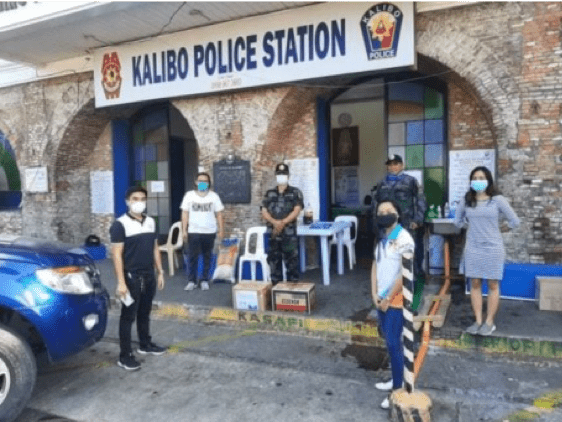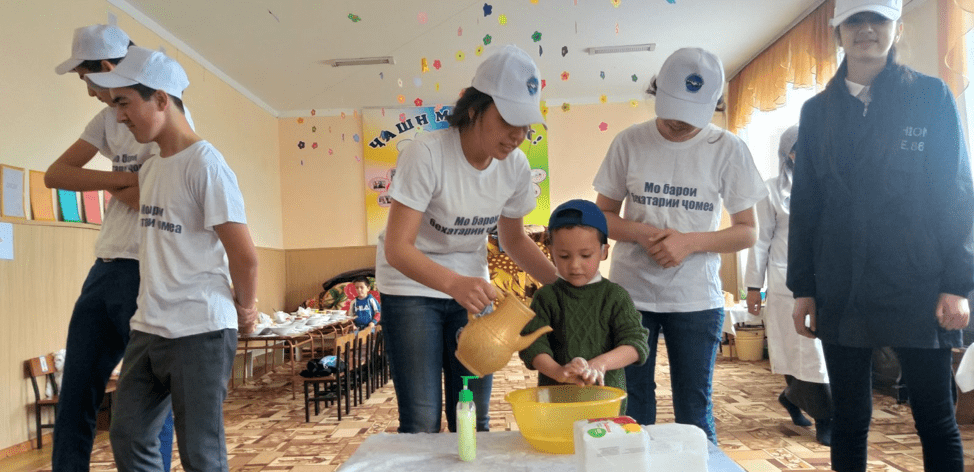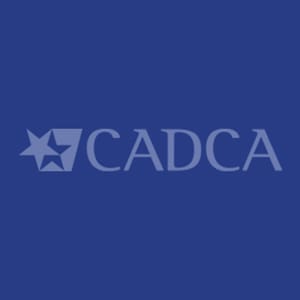

Community coalitions are woven into the fabric of their communities. Their primary aim is to reduce substance use and misuse by transforming the risks inherent in their social, political and economic infrastructure. It is no surprise that during a crisis they mobilize and take responsibility for their community’s wellbeing. Coalitions across the world have been doing their part safely and collaboratively to help alleviate the hardships imposed by COVID-19.
In Uruguay, the community coalition of La Union in the capital city of Montevideo collected, organized and distributed food donations for those whose livelihoods have been devastated by the pandemic. They are now collecting materials to create protective masks for health and other essential workers. Similarly, in Kenya, the Mathare Community Anti-Drugs and Alcohol Prevention Coalition (MCADAP) has managed to collect and distribute food donations to over 200 families. MCADAP continues to provide food and supplies in support of all vulnerable families. In Takisitan, youth members of the B. Gafurov coalition in Gafurov city have been raising awareness among youth and children on the steps they can take to prevent the spread of COVID-19 in schools. The Penjikent coalition has also worked to provide important health information to prevent the spread of coronavirus, while using the opportunity to also discuss drug prevention.
In the Philippines, several coalitions engaged in food distribution projects in partnership with local governments while also leveraging these activities to disseminate prevention messages. The Community Against Illegal Substance Abuse Coalition of Angono included comics with drug prevention messages and resources. The Aklan Community Coalition for Drug Abuse Prevention and Education in Kalibo collaborated with their sister coalition in Malay to provide food, coffee and other donations to frontline workers, including police and health personnel. They also sourced locally grown corn from farmers in Kalibo to provide food in 16 of their villages. The pioneering project was even covered on national news. Dr. Raquel Tolentino, Chairman of the National Association of Anti-Drug Abuse Coalitions in the Philippines and CADCA’s national partner in the country, has been volunteering for the COVID-19 task force, serving as part of the medical team in the Ayala Alabang Health Clinic. In her role, she monitors and attends to at-risk patients and assists in the distribution of relief goods to nearby communities in the Ayala Alabang Village. Coalition leaders in Barangay Tunasan have also helped pack and distribute relief goods in their respective communities.
In Peru, coalition members have become an avenue to enhance public health messaging and disseminate important information on service acquisition during these times. The governor of Piura spoke with the coalition of Los Medanos to understand how they are faring during the pandemic and underlined the importance of adhering to quarantine policies. The treasurer of the coalition has echoed her sentiments. The members were also in communication with a representative from the Women’s Emergency Center who advised them to coordinate with their neighborhood and civic groups to identify instances of domestic violence which could be aggravated during quarantine measures. Members coordinated watch and reporting activities, as requested, safely from their homes.
In addition to these activities, many coalitions have skillfully adapted to the drastic changes brought on by COVID-19 and continue to work on communicating with one another through messaging apps. They are using this time to complete many of their important coalition development products, such as their logic models, and establish coalition bylaws. These are unprecedented times for the world’s citizens. Community coalitions have faced these challenges with grace and leadership, demonstrating their commitment to the betterment of their communities.



